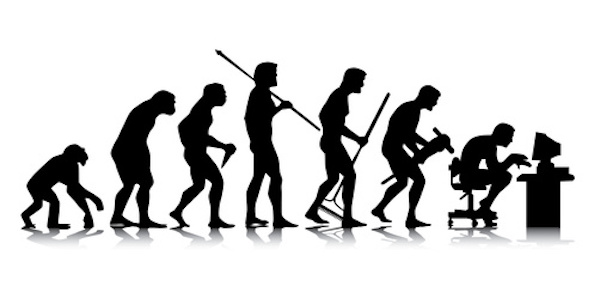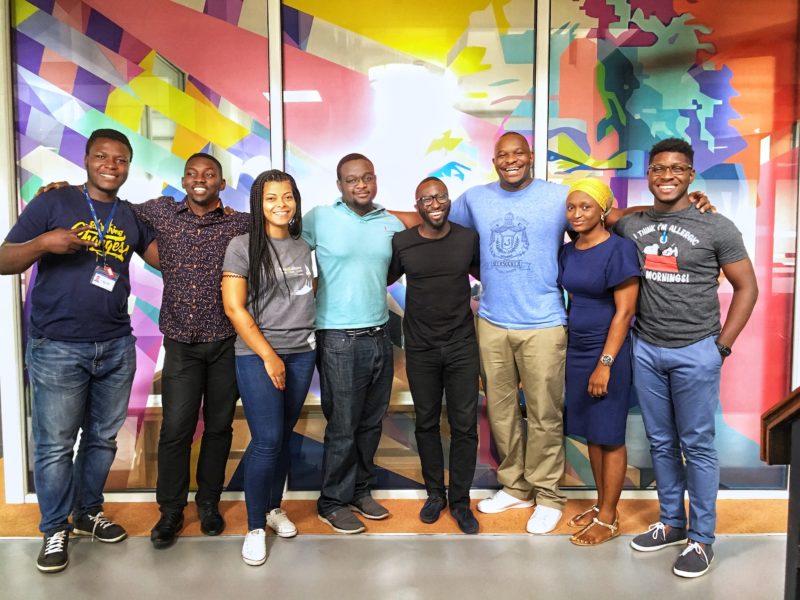“We are a gadget happy nation, but the gadgets make us dumber, not smarter.”
This quote, is a near perfect approximation of the state of things in the 21st Century – the Information Age. Imagine my surprise, when I discovered that it was in fact, written in 1977 by Sydney Harris, in the Lakeland Ledger.
Technological development has changed the way we work, play and interact. It has made things infinitely easier to achieve, and tasks that much faster to complete. Is this necessarily a good thing?
Let’s take GPS technology.
To find our way around, humans have always relied on two strategies: spatial navigation memory (a mental map of sorts, created using visual cues) and stimulus response. The part of the brain that controls memory and spatial navigation is called the Hippocampus. Like any skill, lack of use will cause it to wane, and our hippocampuses are getting progressively smaller with increased dependence on GPS. People like cab drivers, who actively use this spatial memory have larger hippocampuses than others, translating to better memory across the board.
Internet Search.
The availability of all the information in the world at our fingertips via our smartphones has made us less dependent on our own memories for information storage and retrieval. Ever wondered why our grandparents can remember with astonishing detail, events which took place 40-50 years ago, including dates and places, and we struggle to remember events from 5-6 years ago accurately? There’s your answer.
The world is changing such that each person has to rely increasingly on external factors to survive. Let me illustrate. My grandfather was a farmer, and he, along with his family was able to look after all the aspects of agriculture as they practiced it 60 years ago. Today, while combine harvesters, tractors, etc have made the physical labor much less, they have also increased the number of variables in the farming equation, as well as lowered the bar, such that with less expertise than my grandfather but more capital, people can now attempt to run agro-businesses. This also means that if any single facet of the process goes wrong, it cannot be resolved as easily/quickly as it would have naturally.
Even Music
40 years ago, to make a song, you’d need to learn about electrical engineering, physics, math, have a large array of microphones to record all your material, players for each instrument you wanted to feature in your song, a recording engineer – with assistants, a mix engineer or two, a pre-mastering engineer, and a large glass mastering company. Then multitrack recording/mixing was invented, and people with much less knowledge about math and physics and how sound worked could now get into the industry. The invention of drum samplers, synthesizers, then and FM synthesis lowered the bar further. Personal computers then became powerful enough to handle many of these processes, DAWs (Digital Audio Workstations) were invented, and the bar was lowered even more till today, when literally anyone with a consumer grade PC can accomplish results teams of 20 people struggled to accomplish 30 years ago.
The Art of Mastering songs has been reduced to a $4.99 app, when literally thousands of dollars were spent on these same features a few years back. Great, right?
For the consumer, who doesn’t know any better, maybe. Asides from the loss of the jobs of the aforementioned people, whose tasks have been outsourced to algorithms, the overall quality of many of these masters has reduced across the board, because no algorithm is complex enough to handle all these tasks and take all the little decisions a skilled human with a trained ear would have made to add up to a clean master. Thing is, as long as the output isn’t ‘terrible’, the average consumer doesn’t care.
I promise I’m not some doomsday anti-technology prophet – hell, I’m typing this on a 2014 Macbook Pro, and I’m a composer who doesn’t even play the piano – but I fear that if things continue as they do, the world will eventually become divided into two groups: the Cognoscenti – technophiles, who will understand, and have control over everything, and the Muggles – everyone else, completely dependent on technology to survive.
Looking forward to it.





















